What’s going on in your head? Discovering the secrets of the adolescent brain

A recent Penn Medicine study has identified that human brain development does not occur uniformly throughout the brain, but instead follows a specific sequence of development. It appears that brain regions that support cognitive, social, and emotional functions remain malleable longer than other regions, making them more sensitive to socioeconomic environments during adolescence.
But what does all this mean? Well, the researchers observed how processes develop in the human brain from the age of 8 to 23 through magnetic resonance imaging. Brain plasticity refers to the ability of neural circuits to change or reorganize in response to internal biological cues or the external environment, although children generally have greater brain plasticity than adults, this study provides new insight into when and where it occurs reductions in brain plasticity during childhood and adolescence.
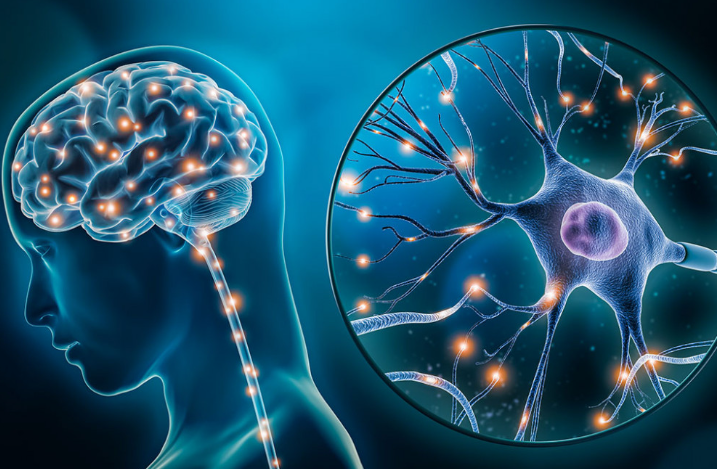
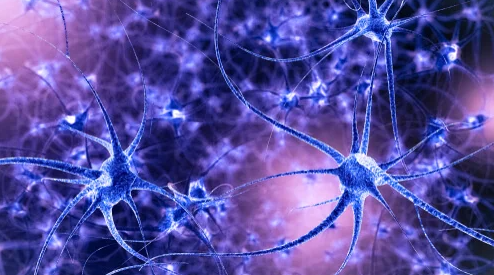
Reductions in brain plasticity occur first in “sensory and motor” regions, such as visual and auditory regions, and occur later in “associative” regions, such as those involved in higher order thinking (problem solving and social learning ). As a result, the brain regions that support executive, social, and emotional functions appear to be particularly malleable and responsive to the environment during early adolescence, as plasticity occurs later in development.
Although researchers have generally studied brain plasticity in rodents, this study focused on comparing the knowledge of these animals with information obtained from magnetic resonance imaging of juveniles. By analyzing MRIs of more than 1,000 people, the authors found that the amplitude of intrinsic brain activity can safely and non-invasively measure the functional marker of brain plasticity in youth. By measuring the breadth of intrinsic brain activity, the researchers found that brain plasticity occurs first in sensory and motor regions and later in associative regions.
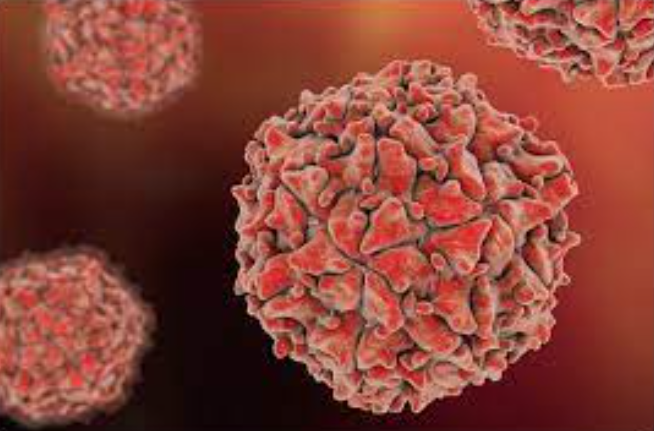
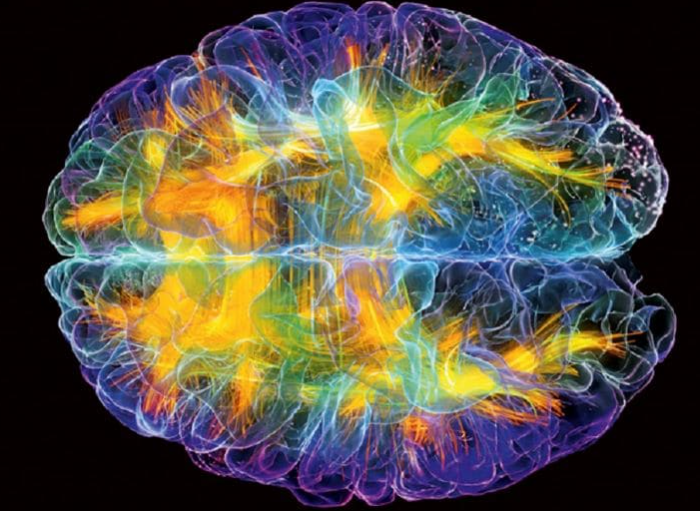


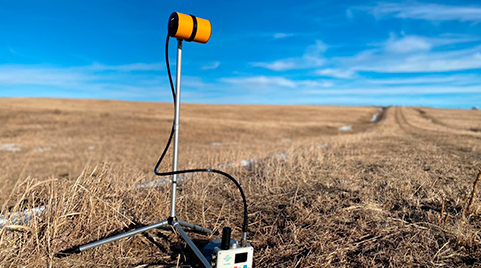
Responses